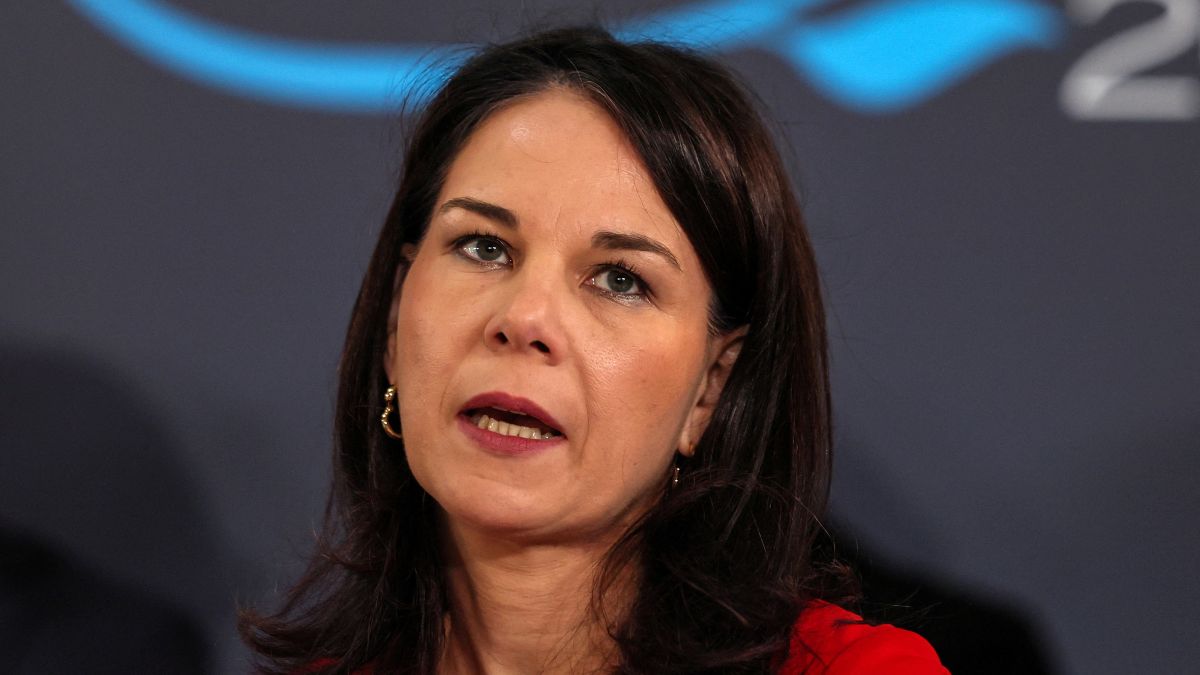Germany’s former minister Annalena Baerbock has been elected as the president of the 80th session of the UN General Assembly, despite strong opposition from Russia.
Baerbock took over the mantle from Helga Schmid after stepping down from Germany’s foreign minister role post-February elections. The diplomat won 167 votes, nearly double the number required to get a majority.
A new president is chosen for the largely ceremonial role every year in an uncontested election, in which countries rotate to nominate a candidate. The vote usually takes place by acclamation, but this year, Russia, which opposed Baerbock’s candidacy, had called for a secret ballot, diplomatic sources told AFP.
Russia’s deputy UN ambassador, Dmitry Polyanskiy, criticised Baerbock as “incompetent” and “biased,” unsuccessfully pushing for a secret ballot to block her election.
Who is Annalena Baerbock?
Baerbock is a German politician and diplomat, born on December 15, 1980, in Hanover. A member of the Alliance 90/The Greens party, she has held several significant positions in German politics.
Baerbock served as Germany’s first female foreign minister from December 2021 until May 2025. During her tenure, she gained recognition for her firm stance on international issues, notably her vocal opposition to Russia’s invasion of Ukraine.
At 44, she becomes the fifth woman to hold this esteemed position. Baerbock’s election reflects a generational and gender shift in UN leadership, highlighting increasing diversity in global diplomacy.
How is her election important?
Baerbock emerged as a candidate only in March as she was about to step down as foreign minister following February parliamentary elections in Germany, replacing diplomat Helga Schmid, whose candidacy for the UN role had been announced last year.
“As the President of the General Assembly, I will engage in a trust-based dialogue with all Member States,” Baerbrock said after the election. “My door will always be open for everyone.”
The strong mandate may empower her to address longstanding Security Council deadlocks, potentially reshaping multilateral diplomacy.
With inputs from agencies
)